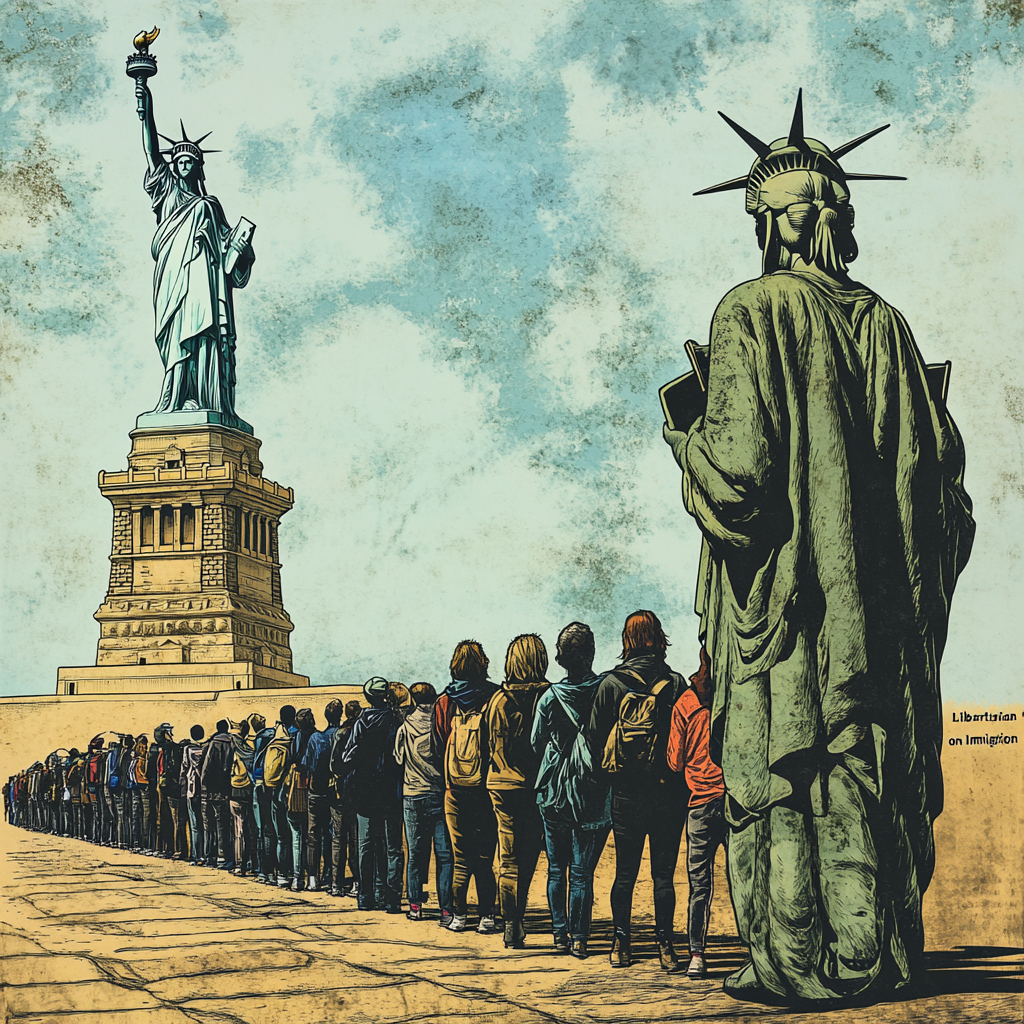
Preemption Is Not Peace: A Theistic Libertarian Critique of Israel’s Strike on Iran
Israel’s recent preemptive strike against Iran represents not just a geopolitical flashpoint, but a fundamental violation of both moral law and classical liberal principles. From a theistic libertarian perspective, especially one informed by Catholic just war doctrine and the non-aggression principle, Israel’s actions must be condemned as unjust, destabilizing, and hypocritical.
The Principle of Non-Aggression and the Just War Tradition
At the core of libertarian ethics lies the non-aggression principle (NAP): the belief that the initiation of force is inherently illegitimate. In parallel, Catholic teaching on just war insists that force can only be used as a last resort, and then only in proportionate self-defense. It must be publicly declared, based on a real and imminent threat, and aimed at peace.
Israel’s strike against Iran, by all available accounts, was not a reaction to an actual attack or imminent aggression. There was no open assault, no bombs falling, no verifiable intelligence of an impending strike against Israeli civilians. Instead, this was a “preventive” act—an assertion that because Iran might develop nuclear weapons, and might one day use them, Israel has the right to strike now. That line of reasoning is dangerously elastic. Any nation could justify almost any act of aggression using such logic.
Catholic just war theory teaches that a just cause must be based on actual aggression, not hypothetical future threats. As Pope John Paul II emphasized, peace is not merely the absence of war but the presence of justice. Preemption without transparency and proportionate cause is not justice. It is arrogance.
The Nuclear Double Standard
Since the mid-1990s, Western media outlets and intelligence agencies have repeatedly claimed that Iran was on the verge of developing nuclear weapons. Each time, the threat has been exaggerated or unsubstantiated. Even the International Atomic Energy Agency (IAEA) has consistently noted that while Iran has pursued nuclear capabilities, evidence of weaponization has been sparse or speculative. Crucially, Iran has never issued a credible threat to use nuclear weapons—largely because it does not yet possess them.
Contrast that with Israel: a nation widely acknowledged to possess a clandestine nuclear arsenal that it has never declared, never allowed to be inspected, and quite likely acquired through espionage, including from the United States. This is not speculative; whistleblowers like Mordechai Vanunu and credible reporting have made this an open secret.
From a theistic libertarian view, this hypocrisy undermines moral credibility. You cannot demand that your neighbors disarm while you maintain illegal weapons in the shadows. In the Catholic moral framework, such double standards constitute a sin against justice and truth. It violates the trust that is essential for peace among nations.
The Dangers of Justifying Preemptive War
Israel’s assault on Iran is not an isolated action; it is an extension of its broader military campaign in Gaza, which has already raised serious questions regarding proportionality and civilian harm. The just war doctrine is not a blank check to wage war under the banner of security. It requires a public and reasoned justification, a proportional response, and a sincere pursuit of peace.
None of these conditions have been met.
Indeed, Pope Francis, like Pope Benedict and Pope John Paul II before him, has consistently called for de-escalation and dialogue in the Middle East. The Catholic Church does not support wars of preemption, especially when they are driven by nationalist hubris or geopolitical hegemony. Military action may be permissible in self-defense, but not as a means of projecting power or “shaping” regional behavior.
A Call for Moral and Political Accountability
As a libertarian, I reject the idea that state actors should be permitted to engage in acts of violence simply because they enjoy the backing of powerful allies or media consensus. As a Catholic, I reject the notion that we may selectively apply moral standards depending on who commits the act.
Israel’s latest military campaign against Iran should be seen for what it is: an unprovoked act of aggression that violates both natural law and divine justice. It is a breach of the non-aggression principle, and a betrayal of the Catholic doctrine that teaches peace must be built on truth, justice, and the inherent dignity of all people.
Those who value liberty and faith must not remain silent. Preemptive violence is not a path to peace. It is a path to ruin.
Jason Mataafa is a theistic libertarian writer and serves as Treasurer for the Libertarian Party of the Maine. The views expressed are his own and do not necessarily represent those of the Libertarian Party of Maine.


